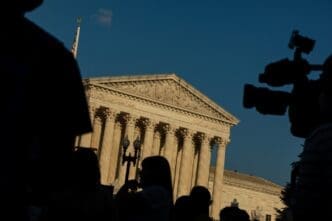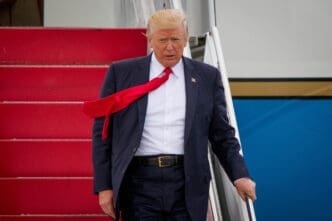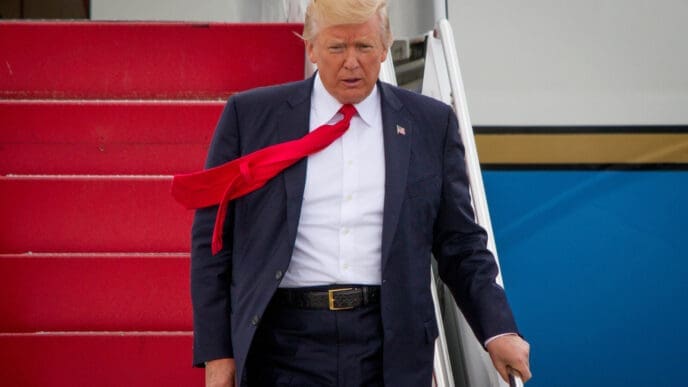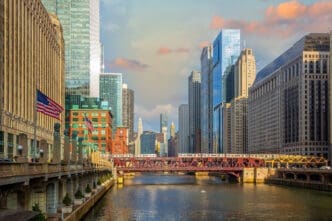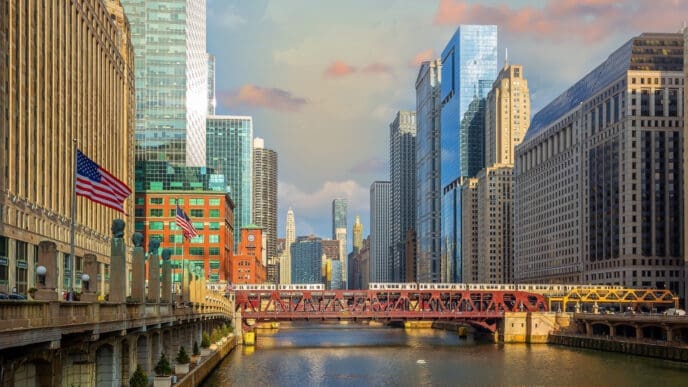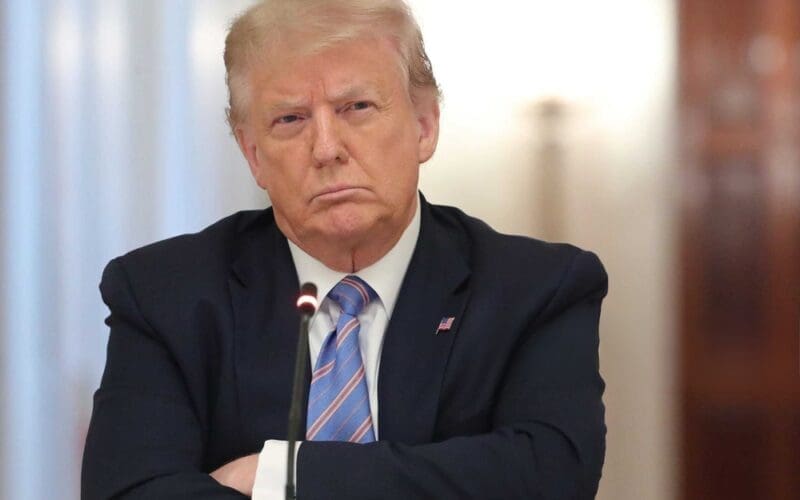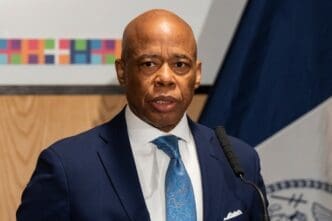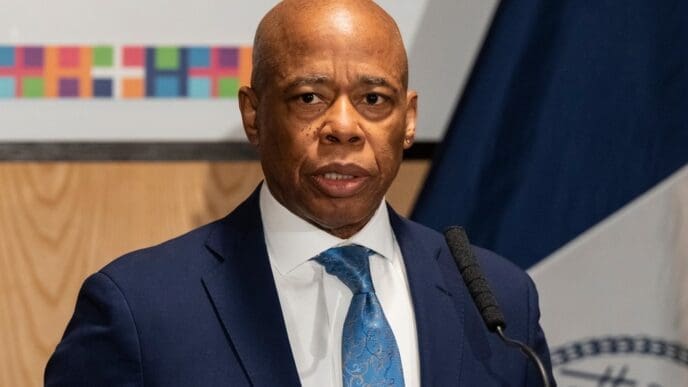Executive Summary
The Story So Far
Why This Matters
Who Thinks What?
Scores of protesters marched in Washington, D.C., on Saturday to oppose President Donald Trump’s federal intervention in the city’s policing and the deployment of National Guard troops to the capital. Demonstrators, holding signs advocating for “DC home rule” and against a “Trump takeover,” traveled from Meridian Hill Park to Freedom Plaza near the White House, asserting the actions represent an “authoritarian push” by the administration.
Federal Intervention Draws Criticism
President Trump last month declared a crime emergency in Washington, D.C., leading to federal control over the city’s police department, an influx of federal law enforcement personnel, and the deployment of National Guard troops. This broad initiative has sparked significant disapproval among many D.C. residents and observers.
The move comes despite reports indicating a significant decline in D.C.’s violent crime rate. CNN previously reported that the city’s violent crime rate has reached its lowest point since 1966 in 2024.
Protesters Voice Concerns
Participants in the “We Are All DC” march expressed a range of concerns regarding the federal actions. David Reinke, a former government contractor from Maryland, told CNN he was moved to protest by “the destruction of the federal workforce and the importation of the National Guard to try to keep peace where crime is at the lowest it’s been in 30 years.”
Stephanie Collins-Stewart, a Howard University student, described the National Guard presence as a “tactic” intended to “intimidate.” She noted that her experience living in D.C. for several years has shown her the city is “pretty calm for the most part.”
Kristine Sieloff, a public school teacher from Baltimore, also voiced apprehension, fearing President Trump might extend similar National Guard deployments to her city, a move he has previously threatened. Sieloff characterized such deployments as merely “a show of force that’s meant to intimidate people.”
Immigration Policies and Financial Cost
Beyond the D.C. policing issue, marchers also displayed signs against Immigration and Customs Enforcement (ICE). Several participants expressed their disapproval of the Trump administration’s ICE raids, arguing that they lead to the separation of families.
Tammi Price, a retired teacher, told CNN there “has to be a more humane and more diplomatic way to deal with people who are undocumented,” criticizing the current methods as “very inhumane.” Price also highlighted the financial implications, stating, “There’s so much more that could be done with the millions and millions of dollars that taxpayers are paying for occupation, the occupation of ICE and the National Guard. Those are our tax dollars.” Experts estimate the mission is costing approximately $1 million per day.
The protests underscore growing public opposition to the federal government’s increased presence and perceived overreach in local governance, particularly in light of the district’s crime statistics and the significant financial burden of the operations.

